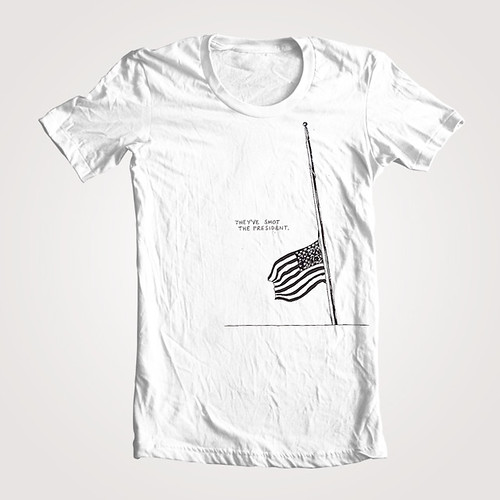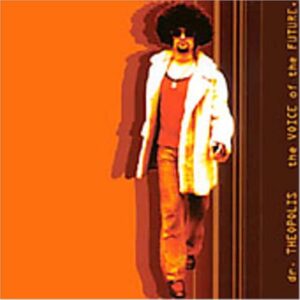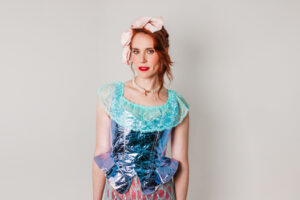Partisans, pundits and properly behaved patriots are welcome at London’s Olympic Games which open on Friday, July 27. Political protestors, dissidents, publicists or satirists, however, need not present their tickets because organizers have banned strong political statements of all kinds, especially those emblazoned on t-shirts.
Writing for the Independent, Tom Peck explains, “Many of those lucky enough actually to have tickets to the games this summer have reacted with surprise to the organisers’ latest diktat, restricting what they can actually take with them to the Games to a small handful of items.” Peck continues, “The Beijing games was routinely criticised for its seemingly high levels of oppressing political dissent, but at London, ‘any objects or clothing bearing political statements’ will not be allowed.”
Safety and security at stake
London Olympic organizers, “Locog” as they are known, cite security as their main concern. Brits in general and Londoners in particular have endured enough serious terrorist threats and incidents that they do not want their Games marred by even a hint of violence. Locog officials list five powerful reasons for their crackdown on everything from obnoxious noisemakers to over-sized straw hats:
• Intense concerns about security In addition to fear of terrorist attacks on the games, Locog officials fear fiercely nationalistic fans may do harm to one another in the venues. In the past, British football crowds have brawled with and trampled one another in bitter rivalry matches. They easily imagine and dread even more intense violence between and among supporters of countries with long histories of hatred and warfare. “We do not want to light the fuse on the powder-keg,” says one security official.
• Concerns about spectators’ safety The city and venues will be extremely crowded and even the best organized and managed queues may stall. Heat, humidity and inclement weather may aggravate already difficult conditions and tempers may flare. Locog planners simply want to minimize the risk of innocent bystanders getting tangled in irritable fans’ scuffles. Moreover, they want to make certain spectators with special needs and families traveling with small children are appropriately accommodated and perfectly safe as they attend their favorite events.
• Desire to preserve clear and unobstructed views Golf umbrellas and large hats are de rigueur at Wimbledon, but they are strictly forbidden at the Games. “We want every spectator at every event to enjoy a clear and unobstructed view of every contest,” explains a security official. “Hats and umbrellas simply interfere.” A few especially safety-conscious officials note that hats and umbrellas also afford terrorists innocuous-looking places to conceal weapons and small explosives.
• Maintenance issues Taking a page from airport security playbooks, Locog officials have banned liquids in containers larger than 100ml, and they have banned “excessive amounts of food,” some advisories specifically listing “picnics” among the items proscribed. The most practical and plain-speaking among organizers say, “We fear getting buried under a mountain of trash.” History indicates that clean-up crews typically require eight hours to remove the several tons of trash football fans leave after ordinary matches. “We have neither the space nor the manpower to deal with those sorts of messes,” one organizer says candidly.
• Deference to corporate sponsors Cynics suggest the ban on food and drink may be a concession to McDonalds Corporation, sole food seller in the Olympic venues. McDonalds has invested heavily in Games planning, promotion and logistics so that a monopoly on food service seems a natural reward for the company’s generosity.
Cautious optimism prevails.
“We haven’t exactly done our work on whims and caprices,” growls one long-time Olympic organizer. “From the very first minute we began preparing our presentation to the IOC, offering to host the games and giving our assurance of spectators’ and athletes’ health, safety and enjoyment of these Games, we have kept security paramount in our minds.” The official says foregoing the privilege of wearing a political t-shirt seems a very small price to pay for everyone’s enjoyment of the Games.
[Kylee Lincoln is a freelance writer living in Brooklyn, New York. She writes for www.tshirtprinting.org where you can find out more about personalised shirts.]



